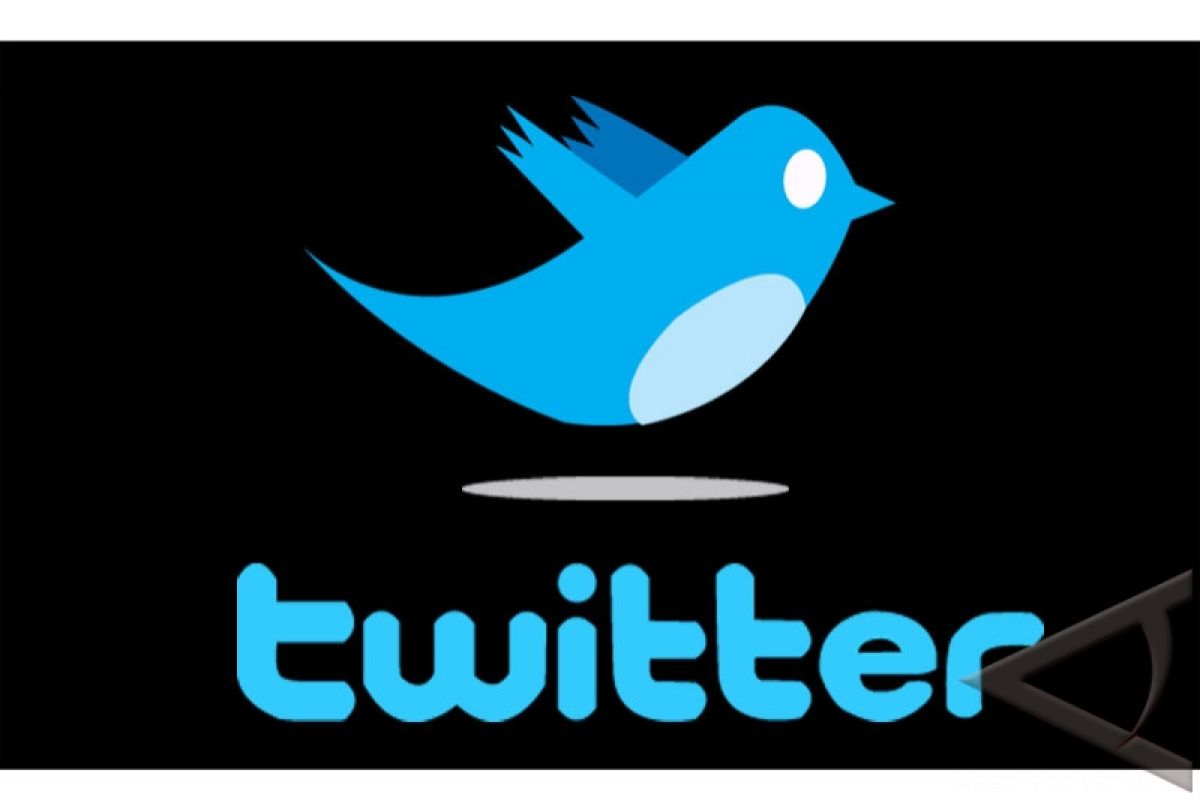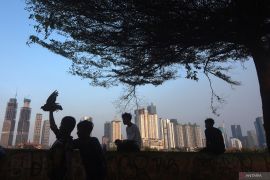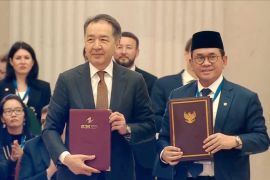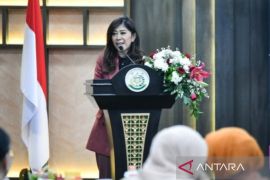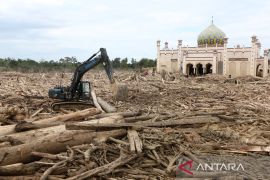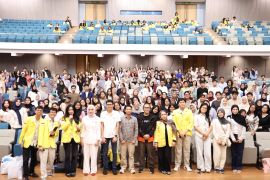The time-line was actually a retweet statement from an account that my friend follow`s performance in law enforcement. The tweet was soon being commented on by several people mostly stating their agreement to the statement posted.
Such situation where people uses social networks namely Twitter or Facebook to express their ideas is commonly found today in Indonesia as the country emerges into one of the biggest democratic country in the world. People are free to talk or post about anything in their social network`s account.
According to data, Indonesia is the second largest Facebook user in the world with more than 34 million members. We are next to the US with more than 148 million users. Indonesia is also known as the largest Twitter user with 20.8 million members, slightly above Brazil with 20.5 million. Considering the fact, we can imagine the large use of Facebook and Twitter account among Indonesians to exchange information and ideas.
Generally I think this is a good development for Indonesia because it means that the people now has more access to information to express their feelings about it through social network, distance is no longer a problem as long as there is an Internet connection.
However, the question that rises to me now is whether the vast exchange of information in social network reduces my part as a professional journalist.
Reza Rivai a Twitter user said social network enabled him to obtain information even faster than waiting for the mainstream media to release it. "Besides, the information posted on social network is more interactive, meaning I can always ask back to the one who posted it and exchange ideas and thoughts about what he has posted," he said.
Chairman of the Indonesian Independent Journalists Association (AJI) Nezar Patria stated the the power of social network could implicate either positive or negative effects towards people`s life.
Positively, he said, social networks could be used as one of the tools to spread information and gain support from the public. He took example of a legal case of Prita Mulyasari in 2009. Prita was a housewife who was sued by a hospital after her e-mail complaints over the hospital`s service was spread systematically to the public.
A few people who sympathized Prita made a facebook fan page for her and it successfully gathered more than 300,000 fans. Even when Prita was ordered to pay Rp 202 million to OMNI Hospital by the court, people made a Coin for the Prita movement on Facebook and go down the streets to raise money for the poor mother of two children. At the time they succeeded to gain Rp815 million from all over Indonesia and this marks the first facebook movement that attracts the interest of many people.
Another positive sample could be seen when Bibit-Chandra, two deputy heads of the Indonesian Corruption Eradication Commission, was detained by the police for allegedly accepting bribe. Eventually during a court session it was revealed that the case was made up by a law mafia along with its members.
The fact soon triggered protest from the people across Indonesia, there was even a Facebook page to support Bibit and Chandra. The same Facebook page was used to mobilize thousands of people across the country to hold a protest to demand the two figures to be released from jail. The big wave of protest had attracted President Susilo Bambang Yudhoyono`s attention that he formed a special fact-finding team to investigate the Bibit-Chandra case.
"The role of social media is very big today that it can function as a new source of information and media where people can express their mind, which is quite opposite during the era before the rising of social network where the role of distributing information was the privilege of newsrooms with a hierarchy of professional editors and journalists.
Friends or foe to journalists?
Does the rise of social network which caused citizen journalism to harm a journalistic job? Nezra said the development was still dynamic and running but he believed that both sides could actually work hand in hand.
"The problem with information from social media is that the information posted there cannot be trusted entirely. This is where the mainstream media and professional journalists play their role as the clearing house of information and verify the posted
information to related parties," he said.
According to Nezra during the vast development of social network as new media the most important thing to be done by mainstream media was to improve the quality of its journalists. A qualified journalist will provide the people with good information and broaden the people`s knowledge.
He took example of an information posted by somebody on Twitter saying 10 people had died in the clash in Cikeusik, Banten. His followers, for example 100 people, then re-tweeted the information and spread it to hundreds of their followers. "Imagine if the information is incorrect while many people already believed it, it will surely cause chaos therefore, it is the journalist`s role to follow up the information to related sources and provide an accurate information to the public," he said.
Nezra expressed his concern over the rise of public complaints toward news presented by journalists from the mainstream media. In 2009 alone, he said, the complaints to the National Press Council reached 442 cases mostly dominated by complaints related to violation of journalism ethical codes such as a new written not with the principle of covering both sides and inaccuracy of data.
He also called on people using social network as one of the source of information to be critical when reading a post in the social networks. "The public must not entirely accept the information from one source. They must also be critical," he said.
Adhitya Wicaksono a journalist from an online media expressed support to the rising number of social network users saying that they could help journalist`s work as watchdog of the government. He also said social network could function as media to gain solidarity as what happened recently in Tunisia and Egypt. Distance was no longer a problem to people now.
Asked if he felt threatened by the rise of citizen journalists using social networks Adhitya said he never thought that way "because eventually journalists will be the one who verify the information to related sources. Besides, information from social networks can be made as reference for journalists to write or cover a story," he said.
Sharing the same opinion, Wury another journalist said she never felt social network and citizen`s journalism were threatening her career as a journalist because people would need journalists to dig up and follow up information that already spread on Twitter or Facebook.
"Journalists will be the one who ask directly to the related parties about certain issues and we are the one who make full coverage of it. Besides, the emerging of social network and citizen`s journalism helps a journalist in gaining early information," she said. (*)
Reporter: Amie Fenia Arimbi
Editor: Fardah Assegaf
Copyright © ANTARA 2011
